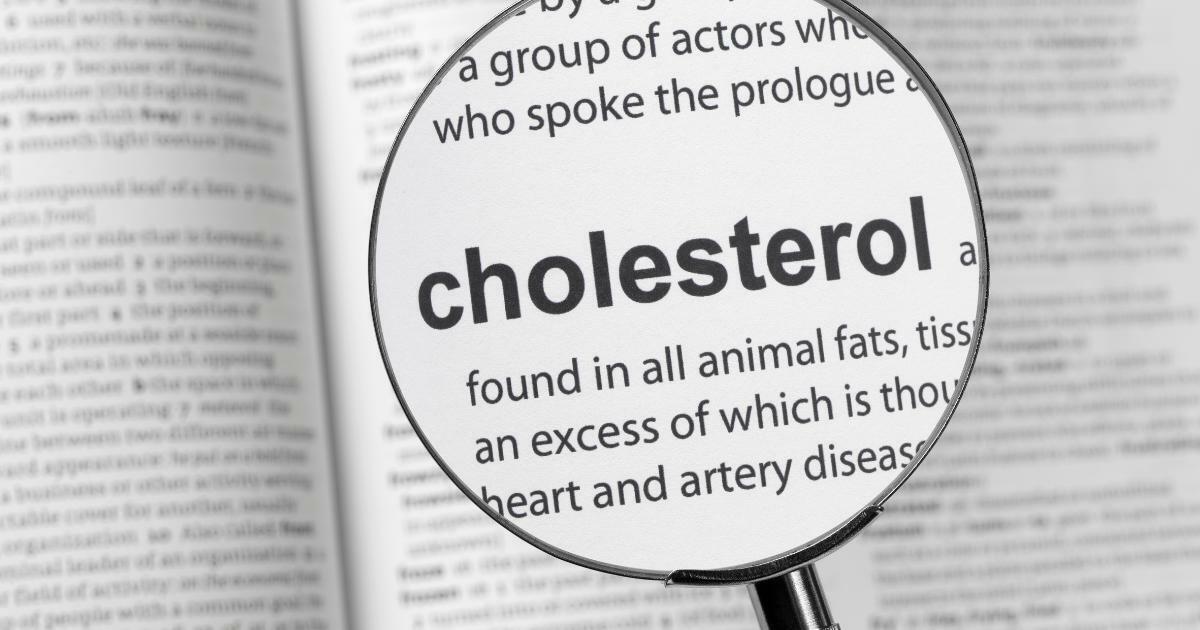How Cholesterol and Blood Sugar Impact Liver Health
By Sarah's Village

The liver plays a central role in regulating both cholesterol and blood sugar, making balance in these areas essential for overall liver function.
Cholesterol is produced and processed in the liver. When cholesterol levels—especially LDL ("bad" cholesterol)—are too high, it can lead to fat buildup in the liver, increasing the risk of non-alcoholic fatty liver disease (NAFLD). Maintaining healthy cholesterol supports efficient liver detox and hormone processing.
Blood sugar regulation is also a liver responsibility. The liver stores glucose and releases it as needed, helping to stabilize blood sugar levels. When sugar intake is consistently high, the liver becomes overworked, and excess glucose is stored as fat, contributing again to fatty liver and inflammation.
An overwhelmed liver can’t filter toxins, balance hormones, or support digestion effectively. That’s why managing cholesterol and blood sugar through a nutrient-rich diet, regular exercise, and stress management is not just good for the heart—it’s vital for the liver.
Taking care of these key markers helps the liver function optimally, supporting energy, metabolism, and long-term wellness.





